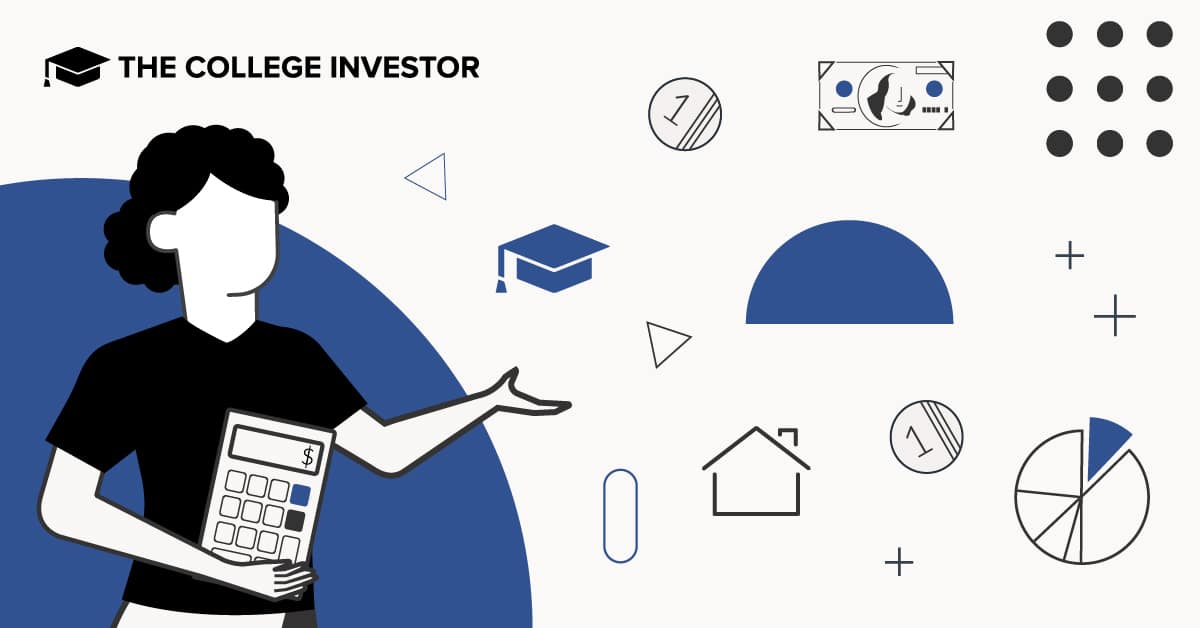Student Loan Borrowers Cut Off From Income-Driven Repayment


The Department of Education has stopped processing all income-driven repayment (IDR) applications, leaving millions of borrowers the inability to change their student loan repayment plans. The decision, which applies to both new and existing applicants, comes after a court order expanded an injunction on the SAVE student loan repayment plan—but unexpectedly blocked access to all IDR plans in the process.
Borrowers who were set to recertify their IDR plans to maintain lower monthly payments are now at risk of being automatically placed into the standard 10-year repayment plan, which could dramatically increase their required payments. Those unable to afford standard payments will need to request a deferment or forbearance, though interest will continue to accrue on their balances during that time.
Meanwhile, loan consolidation applications are still being processed—but with a major restriction. Consolidated loans will not qualify for income-driven repayment plans during the freeze, leaving borrowers in limbo as they wait for legal challenges to be resolved.
The latest freeze on income-driven repayment applications stems from a lawsuit filed by Republican-led states challenging the legality of Biden’s Saving on a Valuable Education (SAVE) plan.
In August 2024, the U.S. Court of Appeals for the 8th Circuit issued an injunction that blocked further loan forgiveness under SAVE, arguing that the Education Department overstepped its authority. The lawsuit claimed that Congress never authorized such sweeping debt cancellation under the 1993 law that governs income-contingent repayment.
Last week, the court expanded the injunction, sending the case back to a lower court and prohibiting the Education Department from processing loan forgiveness under any income-contingent created repayment plans. However, it also called into question these other repayment plans as well, and the Department appears to not want to process new borrowers into questionable repayment plans.
The ruling should not have impacted older IDR plans like Income-Based Repayment (IBR), which were created under different legal statutes, but the Education Department uses a single, combined application for all IDR plans—making it impossible to process any without violating the injunction.
This bureaucratic entanglement has effectively shut down access to all income-driven repayment options, leaving millions of borrowers without clarity on when—or if—the plans will return.
There is growing frustration among the millions of student loan borrowers due to a lack of communication about what’s happen, why, and the timeline for resolution. The injunction happened on February 18, 2025, the Department removed the PDF files from StudentAid.gov on February 25, 2025, but as of February 28, 2025 there has been no real communication about what’s happening other than a notice on StudentAid.gov:
The only information is coming from news media like ours, and other experts posting in the Student Loan sub-Reddit, as well as student loan experts on social media platforms.
Meanwhile, the Department of Education has put out multiple press releases over the last two weeks related to Title IX and DEI content.
With IDR applications frozen, borrowers need to both stay informed and monitor updates to make sure they don’t end up in an unaffordable repayment plan. Here’s what you can do:
For now, borrowers are left with few options, as the Education Department and loan servicers pause all processing of income-driven repayment plans. Until a resolution is reached, millions of student loan borrowers will remain in financial limbo.
Don’t Miss These Other Stories:

Student loans often follow borrowers for years, sometimes decades. Even people who fully understand how much they borrowed can feel...

It was a busy week for RIA aggregators. There were a few large moves, including $235 billion multi-family office Cresset...

Blog Posts Archives UnfavoriteFavorite February 27, 2026 Weave: The Social Fabric Project Subscribe to Weave’s Newsletter This story was originally...